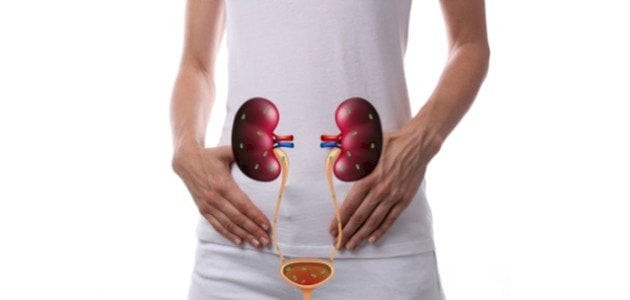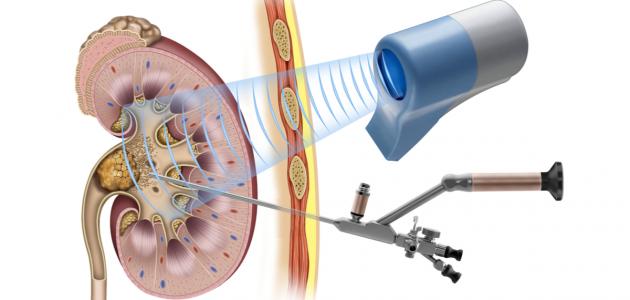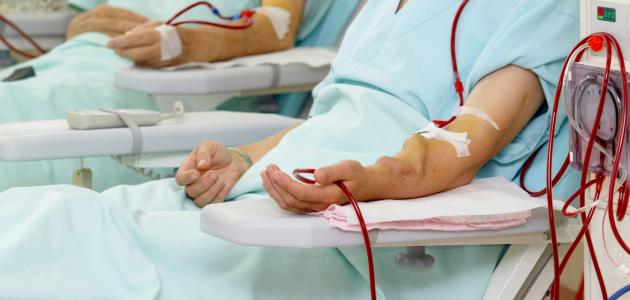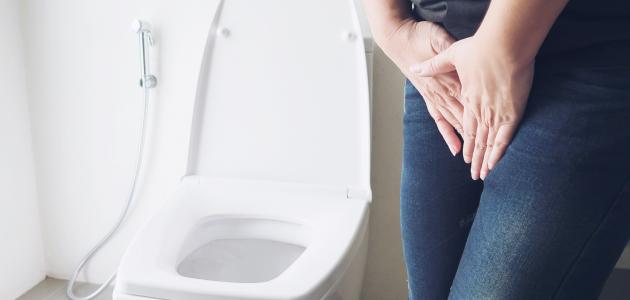The normal number of times a day to urinate for adults
It is recommended to empty the bladder approximately every 3 hours, and avoid holding urine for a long time; This leads to many risks, ranging from... The normal number of times an adult urinates is between 6-8 times a day, But Some people may notice an increase in the frequency of urination, especially at night, with ageTracking the number of times you urinate helps assess your overall body health. Frequent urination may indicate some health conditions.
The normal number of times a day to urinate for children
The frequency of urination depends on many factors; Such as age and bladder size. Therefore, it is noted that the normal number of daily urination times for children varies. The following table shows the number of urination times according to age group:
Age | The normal number of times a day to urinate |
one day | Wets at least one diaper. |
tow days | Wets at least two diapers. |
Four days | Wets at least 3 diapers |
Four days | Wets at least 4 diapers |
Four days | Wets at least 5 diapers |
6 days - a year | Wets 6-8 diapers daily |
1 – 3 years | 4-8 times daily; That is, once every two hours |
Over 3 years old | 5-7 times daily |
The normal number of times a day to urinate for pregnant women
The average number of times women urinate 6 times daily, But during pregnancy The frequency of urination increases As a result of a number of different factors, such as hormonal changes, this increase may be slight or may be noticeable. The following is an explanation of the change in the number of urination times during the stages of pregnancy:
Read also:What are the symptoms of kidney failure?- First trimester:
Hormonal changes enhance the flow of blood and fluids in the body, especially the kidneys The frequency of urination will increase in a pregnant woman.
- Second trimester:
It is possible to notice a pregnant woman The frequency of urination has become lower compared to the first trimester; The body has adapted greatly to the changes of pregnancy, in addition to the position of the uterus in the abdominal cavity.
- Third trimester:
The size of the fetus increases as the uterus positions in the pelvis, which puts great pressure on the bladder. The number of urinations increases significantly during this period.
Factors affecting the frequency of urination
Many factors play an essential role in determining the frequency of urination; Their number may increase or decrease according to these factors:
Factors that increase the frequency of urination
There are many causes of frequent urination (amount of urine), and there are many factors that increase the number of urination times, as follows:
- Exposure to cold.
- Drink large amounts of water and fluids, especially caffeine-rich drinks.
- Taking some medications such as diuretics.
- Having a certain health condition, which may be chronic or episodic, such as:
- Painful bladder syndrome.
- Overactive bladder.
- Infection with a sexually transmitted disease.
- Kidney or ureter problems.
- Tumors in the bladder.
- diabetes.
- Prostate diseases.
- Urinary tract infections.
- Heart problems or diseases.
- Weak pelvic muscles.
Factors that reduce the frequency of urination
It is normal for the number of times you urinate to decrease during the summer. Larger amounts of sweat are secreted, and this is also the case when exercisingHowever, this may be related to a condition known as oliguria, which may result from the following:
Read also:Treatment of urinary continence- Exposure to dehydration:
Especially in cases of diarrhea or severe vomiting. Where the fluids that are excreted are not replaced.
- Infection or trauma:
The amount of blood flowing to the body's organs decreases.
- Urinary tract obstruction:
It is a condition that prevents urine from leaving the kidney. It may affect one kidney or both, and is often accompanied by the following symptoms:
- Pain and swelling in the body.
- feeling sick
- Taking some medications, such as:
- Medicines to treat high blood pressure; Such as medications that inhibit angiotensin-converting enzyme (ACE inhibitors).
- Nonsteroidal anti-inflammatory drugs (NSAIDs).
doctor review
It is important to see a doctor if you notice a change in the number of times you urinate without a clear reason for this. Below is a statement of the cases that require seeing a doctor:
Increased number of daily urinations
It is necessary to consult a doctor immediately if the problem of urination negatively affects the quality of life and the ability to practice daily activities, and the same applies if it is without a clear cause and is accompanied by the appearance of disturbing symptoms or other problems. Among these symptoms are the following:
Read also:Tips so that incontinence does not ruin your moments- Presence of blood in the urine.
- Feeling pain when urinating.
- Feeling pain on the side of the body or in the pubic area.
- fever.
- nausea;
- Sudden weight loss.
- Lack of control over urination.
- Feeling a strong urge to urinate.
- Difficulty urinating or emptying the bladder completely.
Decrease in the number of daily urinations
It is necessary to seek emergency medical care immediately if any of the following conditions exist:
- If he has an enlarged prostate or urinary tract obstruction; In these cases, anuria in particular requires immediate treatment.
- Decrease or oliguria, especially if accompanied by: Feeling dizzy, lightheaded, or having a rapid heartbeat.
Article summary
The normal rate of daily urination varies from person to person, depending on age and health condition, and daily life routine plays a major role in determining this. The number of daily urinations increases when drinking large amounts of caffeine-rich liquids. However, it is necessary to consult a doctor if you notice any change in the number of daily urinations without a clear reason, increase or decrease. It may indicate a health condition that requires treatment.









